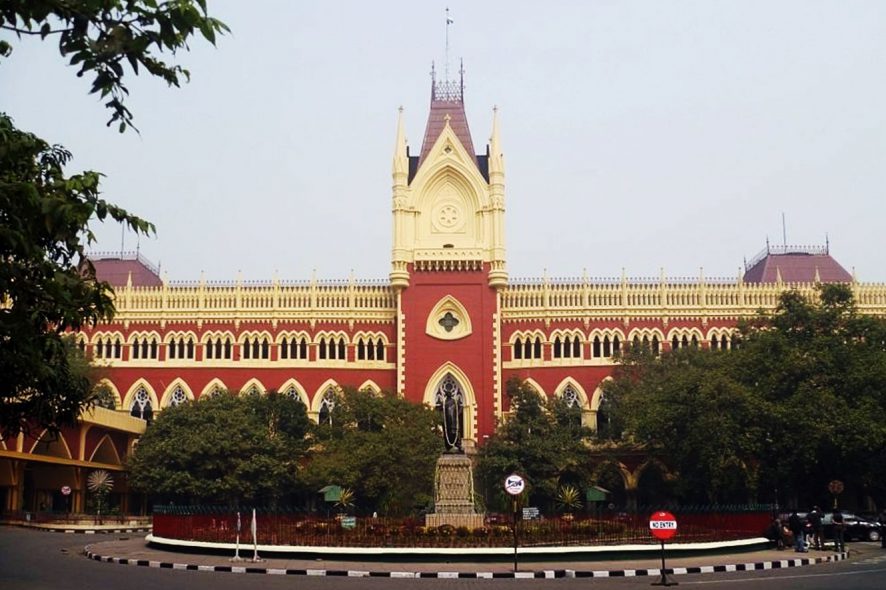Calcutta High Court: While dismissing a writ petition filed against the actions of Tax Authorities, a Single Judge Bench comprising of Debangsu Basak, J. reiterated certain important principles of law.
The petitioner had challenged the validity of actions of Tax Authorities in visiting petitioner’s premises and re-opening of assessment. Notably, the actions by the Authorities were taken under Service Tax Act, 1994. The petitioner contended that the said Act has no manner of application after the Central Goods and Services Act, 2017 coming into force. Furthermore, relying on Delhi High Court decision in Mega Cabs (P) Ltd. v. Union of India, 2016 SCC OnLine Del 3630, it was submitted that Rule 5-A(2) of the Service Tax Rules, 1994, under which the Authority acted, was ultra vires.
The High Court, after a meticulous appraisal of submissions, reiterated certain important principles of law which are, inter alia, as follows:
(a) Notwithstanding the availability of statutory alternative remedy, a writ petition is maintainable if the action complained of breaches any fundamental right of the petitioner or is without jurisdiction or is perverse.
(b) Section 174 CGST Act provides that proceedings initiated under Service Tax Act, 1994 continue irrespective of coming into effect of the CGST Act.
(c) Regarding Rule 5-A(2). the Court noted that the said rule was not pressed in present proceedings by the Authorities, however, in their affidavit, they mistakenly mentioned Rule 5-A (2) in place of Rules 5-A(1). It was reiterated that quoting a wrong provision of law does not invalidate the action taken if the authorities are otherwise empowered to take such action in law.
In such view of the matter, the Court found no infirmity in the actions impugned and dismissed the petition. [EDMEE Digitronics (P) Ltd. v. Union of India,2018 SCC OnLine Cal 8191, decided on 29-11-2018]







